Last night we published this editorial and today received an email response from Dr. Bukata. His comments are reproduced in-part below:
“[T]he purpose of the chart [Editor’s note: Dr. Bukata is referring to our concern that the imagery associated with his commentary appealed to emotion rather than reason] is to summary the facts — which are straightforward — Mag didn’t work — the idea of creating an infrastructure to potentially give drugs in the field that have not been proven to work in the ED is the issue — and the fact that FastMag should have been done as a pilot in the ED setting. Two assertions that are not particularly emotional. Somebody on the funding side needed to take a much closer look at this study — but they didn’t…EMS seems to be viewed as apple pie and motherhood and not open to critical assessment. Sorry. That’s just not the case…I stand by my article — every word.â€
We fully agree with Dr. Burkata that there is nothing in science and medicine which should be closed to critique. We appreciate his time and insight as well as that of Drs. Stratton and Saver.
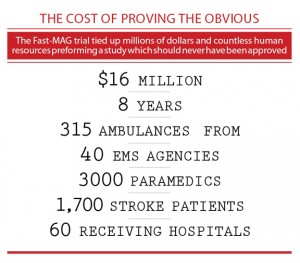
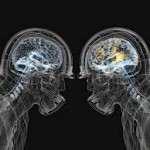


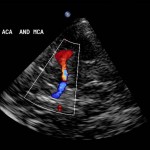


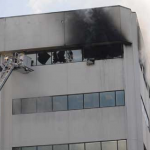

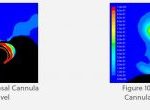

1 Comment
I have huge doubts as to the utility of any current or upcoming pharmocologic options for stroke in the prehospital setting and in general believe there are few advantages to a lot of prehospital treatments, but let’s make one thing clear: prehospital emergency medicine is not the same thing as emergency department medicine. It operates with different priorities, different timeframes, different skill-sets, and different goals, and not every thing EMS does should have to be vetted in the hospital setting first. Should the emergency department only be implementing therapies first proven in the ICU and on the ward?
Also, Dr. Bukata is operating with with a huge amount of hindsight bias. This trial was being done in his backyard, even involving his medical center, and I didn’t hear a word about it out of him (he’s got enough platforms to shout from) until the results were published. Where was this vitriol when the trial was being set up or even during the study period? Or is he out of the loop when it comes to just what EMS is up to in his neighborhood until he has hindsight to leverage against them?
These investigators had a decent theory with decent preliminary studies suggesting there might be a role for early administration of magnesium. Now, I wouldn’t expect much (or any) benefit and I don’t think this is the prehospital study I would want to sink millions of dollars into, but the authors managed to get that done. And, they managed to do so with good methods and good science. These are the kind of trials we wish we could do for so many therapies in medicine, so let’s not go judging the scientific merits of a trial just because we now know it turned out negative.
If you’re going to criticize the trial, lets talk about WHY it received the funding that it did. I suspect there’s hopes for a prehospital investigation of tPA (doomed to fail), but that’s not the same thing as saying we shouldn’t be doing this science at all. These authors had a hypothesis they wanted to investigate, it was reasonable, they received the sort of funding and backing that most folks could only dream about, and they used it to do good science.
As a final note, you are never, EVER, allowed to cite “Mag didn’t work” as a reason for why this trial shouldn’t have been performed. That’s the biggest hindsight bias I’ve ever heard. I’ve listened to several years of EMA; Dr. Bukata should know better.